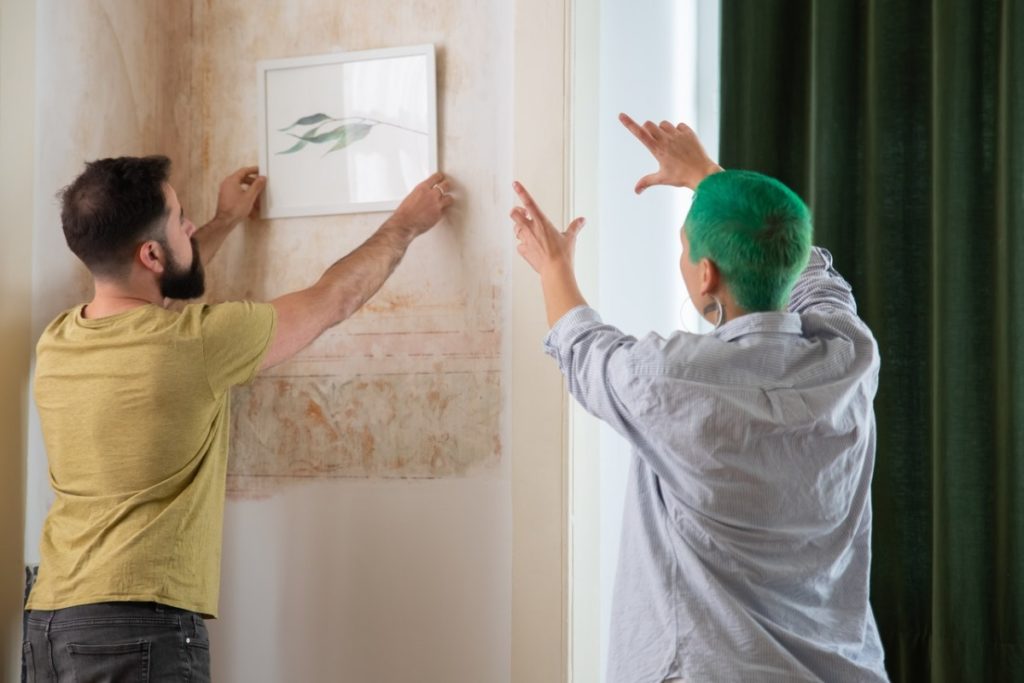When you’re flipping a house, maximizing your profit is the end goal. With that in mind, it literally pays to assess the potential value of a home even before you buy it for flipping. This way, you can determine if flipping the house is worth your time, and if fixing the imperfections present can be profitable or not.
Going off on that note, here are some of the most common things that can hurt property value and, thus, should be taken into account before buying it for a flip:
1. Outdated appliances
No one wants to buy a house with excessively old appliances. Aside from being great energy-gobblers, old appliances are often safety risks that can cause a flood or start a fire due to their age. That said, if the house’s appliances belong in a museum, take the cost of replacing them into account.
If, on the other hand, the appliances are not too old but still need a little TLC, factor in the cost of repair and maintenance. For instance, determine the cost of a dishwasher repair service if the dishwasher that comes with the house is already falling apart. Repairing instead of replacing can significantly reduce the costs of your flip, but you will likely have to repair other appliances as well and the costs can add up.
2. Home improvements not built up to code
Before you buy a house, you have to ensure that all the improvements made on it by the previous owner are up to code. Otherwise, you could end up paying for improvements that will be negated in the home appraisal anyway. More than that, you’ll have to spend more on bringing the work up to code and obtaining a retroactive permit, which may not be worth it considering that you’re trying to make a profit.
3. Bad curb appeal
The exterior of the home will be the first thing that potential buyers see when they walk up to the property. Thus, bad curb appeal can easily make for some negative first impressions, which can make it more difficult for you to sell the house at a good price.
When assessing a home that you want to flip, consider the amount of work that needs to be done on the exterior facade and the lawn. Then, you can estimate the cost of what it would take to increase the curb appeal of the property to a more respectable level. Moreover, inspect the grass and surrounding trees closely. If the grass looks dead or if the trees are diseased, you would have to spend more to bring them back to life again.

4. Noise pollution
Noise pollution is an external factor that you should also consider before buying a home. Savvy homebuyers will know if the house is near any sources of noise pollution, such as airports, highway extensions, and construction sights. You don’t want to hurt your chances of making a good profit because of things that you can’t control, so be sure to check the noise pollution levels in the neighborhood before making an offer on the house.
5. Poor energy efficiency
Nowadays, homebuyers want their home to be energy efficient, mainly for cost savings and to reduce their carbon footprint. With that in mind, it would not be wise to invest in a property with poor insulation, outdated appliances, non-energy-efficient lightbulbs, and a faulty HVAC system all in one. But if you have the budget to increase the home’s energy and you’re confident about its potential, go ahead and buy it. Just keep in mind that the energy efficiency of a house can directly affect its price, so it is definitely something that you need to work on when flipping.
6. Excessive customization
If the previous owner painted the entire exteriors a gaudy shade of pink or laid down leopard print carpets in the living room, the excessive customization can put off customers who do not share the same tastes. If you still want to flip the home, you have to consider the cost of removing these customizations and replacing them with something that settles better with the tastes of the general public.
The same goes for over-the-top amenities like a horse stable, an indoor basketball court, a Japanese-style zen garden in the backyard, and other things that your target market may not need nor like.
The best way to maximize the profits of a flip is to pick the best house to work with, and you can do that by avoiding the things that can bring down a property’s worth. So, while hunting for flippable houses, these are the things that you have to keep in mind and learn how to avoid.




